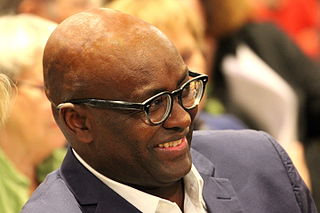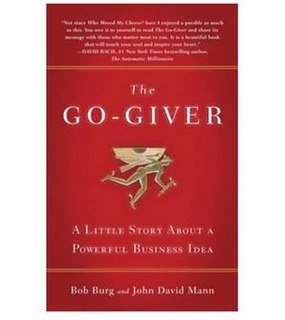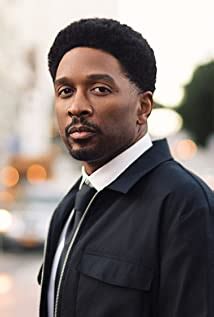A Quote by John Dos Passos
The business of a novelist is, in my opinion, to create characters first and foremost, and then to set them in the snarl of the human currents of his time, so that there results an accurate permanent record of a phase of history.
Related Quotes
When I was growing up, my mother would always say, 'It will go on your permanent record.' There was no 'permanent record.' If there were a 'permanent record,' I'd never be able to be a lawyer. I was such a bum in elementary school and high school... There is a permanent record today, and it's called the Internet.
When I was growing up, my mother would always say, 'It will go on your permanent record.' There was no 'permanent record.' If there were a 'permanent record,' I'd never be able to be a lawyer. I was such a bum, in elementary school and high school... There is a permanent record today and it's called the Internet.
The life-history of the individual is first and foremost an accommodation to the patterns and standards traditionally handed down in his community. From the moment of his birth the customs into which he is born shape his experience and behavior. By the time he can talk, he is the little creature of his culture, and by the time he is grown and able to take part in its activities, its habits are his habits, its beliefs his beliefs, its impossibilities his impossibilities.
Black Box is not a statement about injustice committed against Sephardi Oriental Jews or about the extremism of religious Jews or the lack of imagination of the old Israeli elites. It's a human story, in my view, first and foremost about a mystical communion between enemies. This is the inner story of the novel. This is my business as a novelist. It is not about positions and ideas.
Business people do two things with their time fundamentally. The first is that they try to create sales, right? Revenue, key to business. But the other thing they devote their time to equally is cost containment. That is to say, how to not create jobs. Because the fewer jobs you can create for the revenue you create, the more profit you make.
I think at some level, it's just alchemy that we, as writers, can't explain when we write the characters. I don't set out to create the characters - they're not, to me, collections of quirks that I can put together. I discover the characters, instead. I usually go through a standard set of interview questions with the character in the beginning and ask the vital stuff: What's important to you? What do you love? Hate? Fear? .. and then I know where to start. But the characters just grow on their own, at a certain point. And start surprising me.
The thought of the novelist lies not in the remarks of his characters or even in their introspection but in the plight he has invented for his characters - in the juxtaposition of those characters and in the lifelike ramifications of the ensemble they make: their density, their substantiality, their lived existence actualized in all its nuanced particulars, is in fact his thought metabolized.
I write characters focusing on them as human beings, and then you wrap them within a culture. So I think I can connect with him as a person with brown skin who's viewed differently by the world. In terms of his culture, we're thinking about where we are locating Wakanda within the continent, and what the people and history of that region are like. It's a process of investigation to help inform the story at this point. But we are going to be engaged with consultants who are experts on the continent and on African history and politics.






































